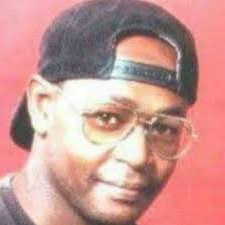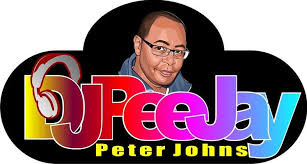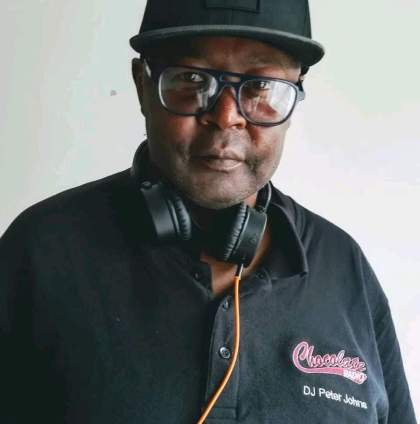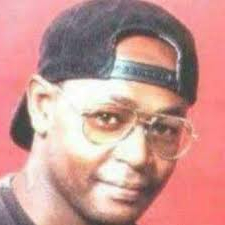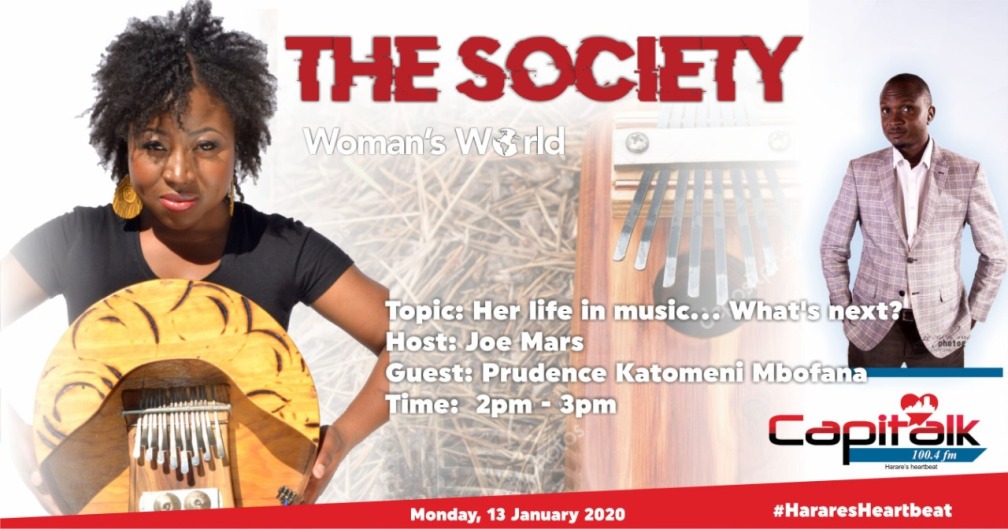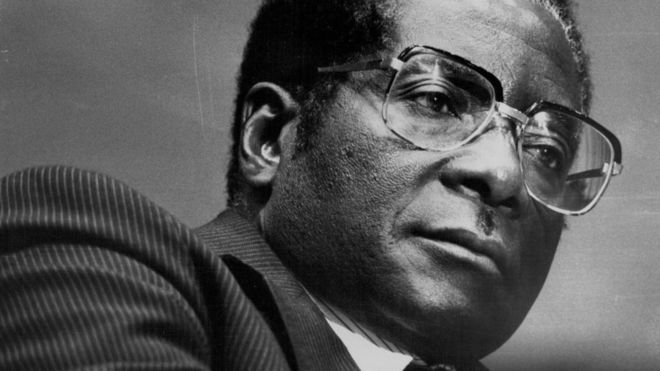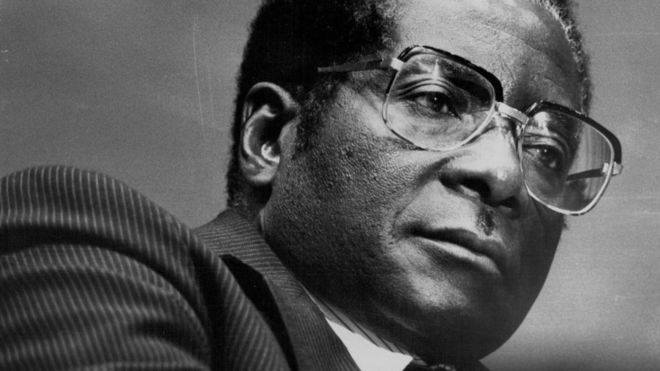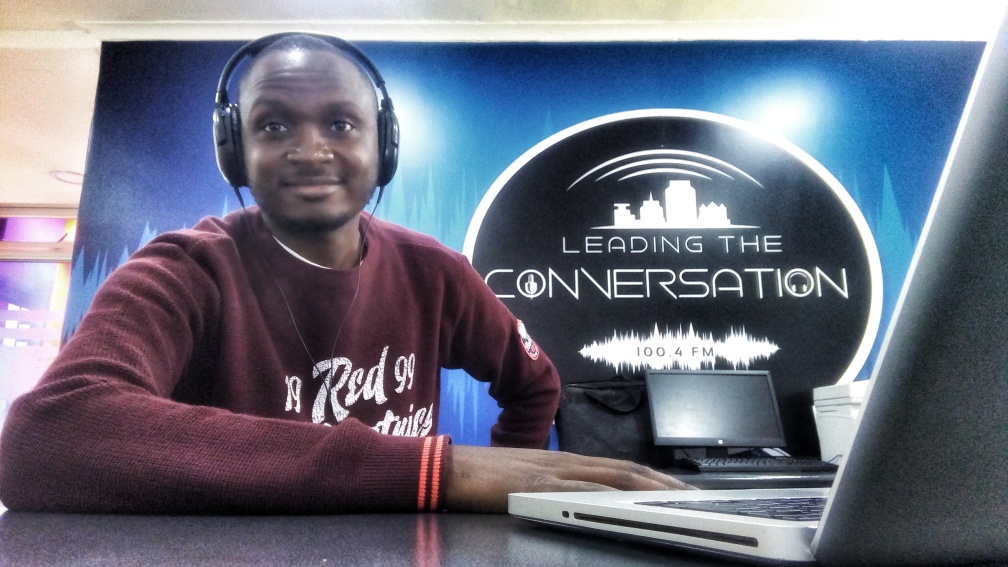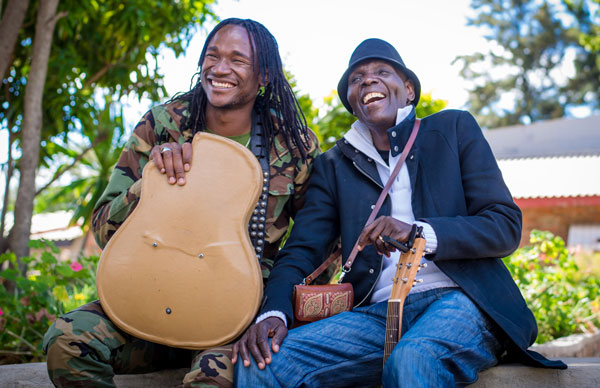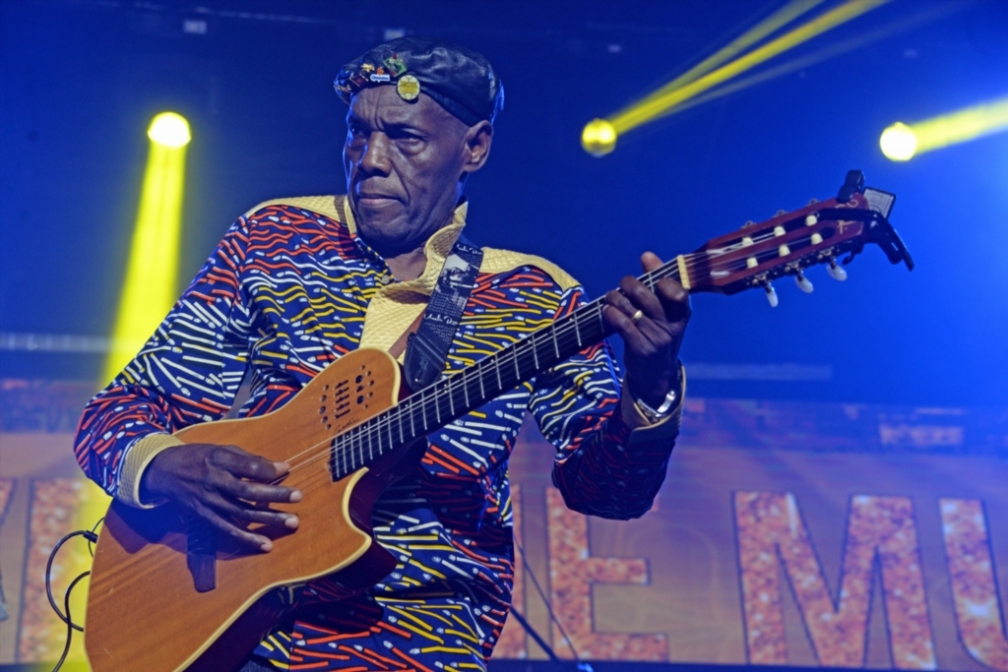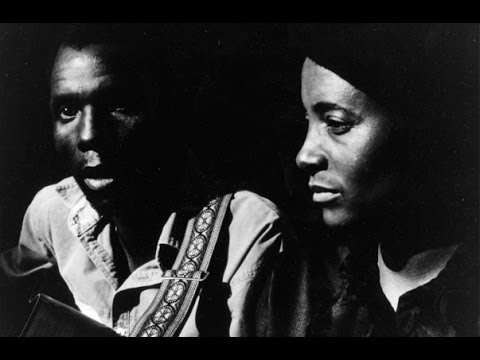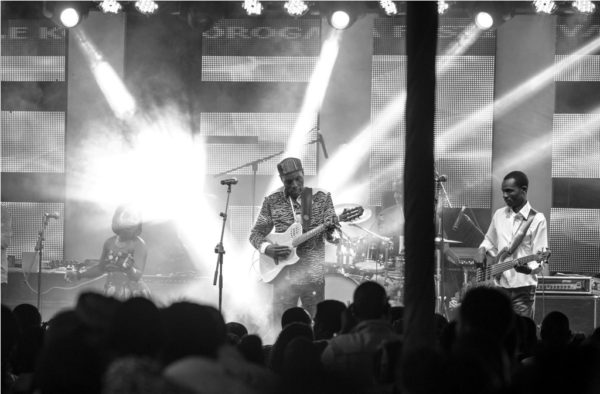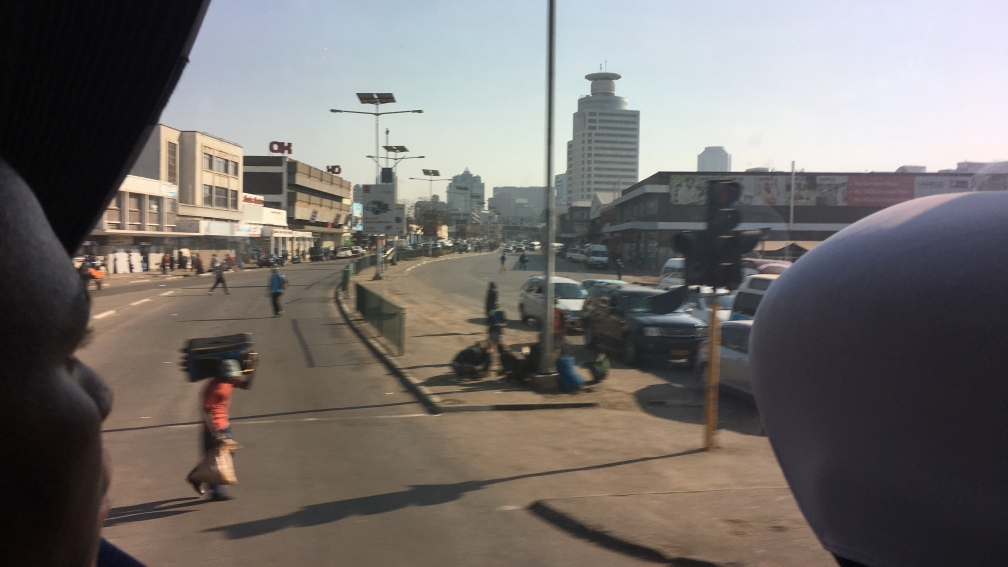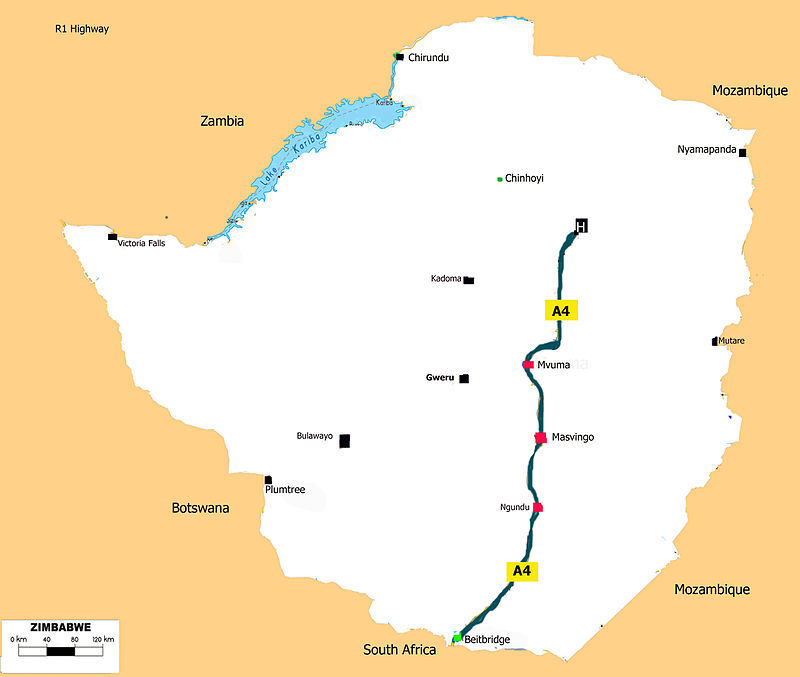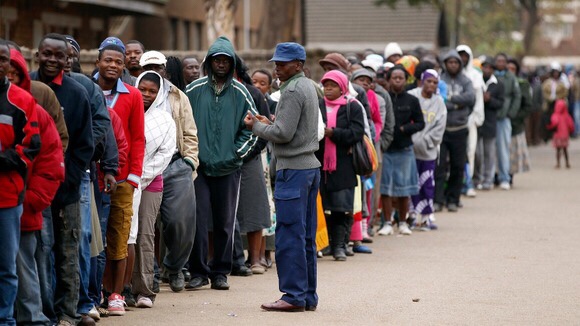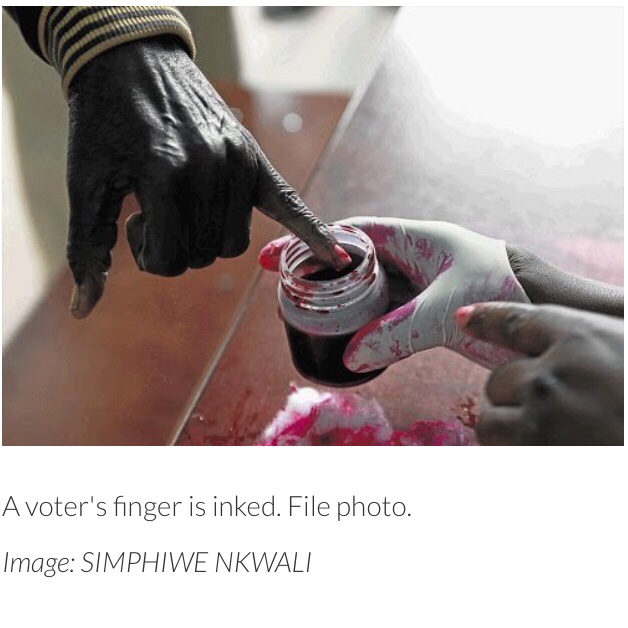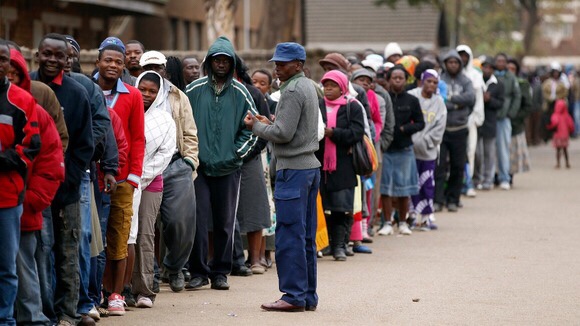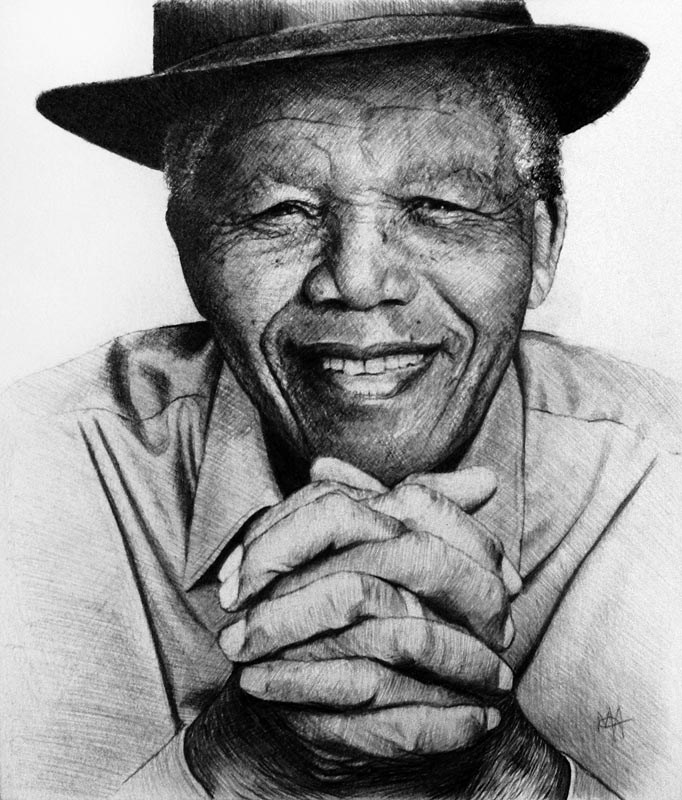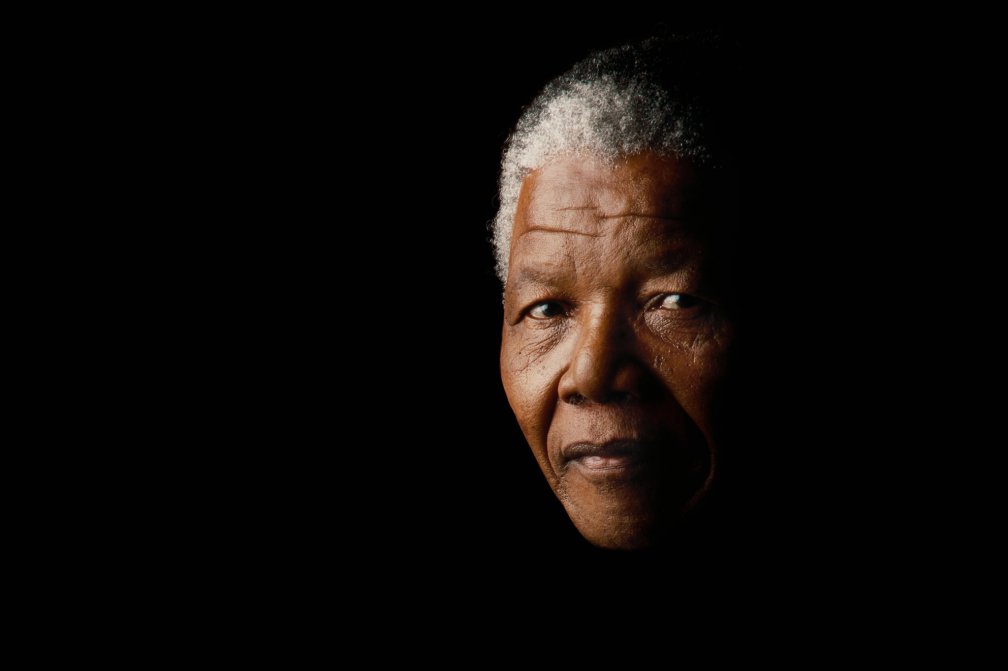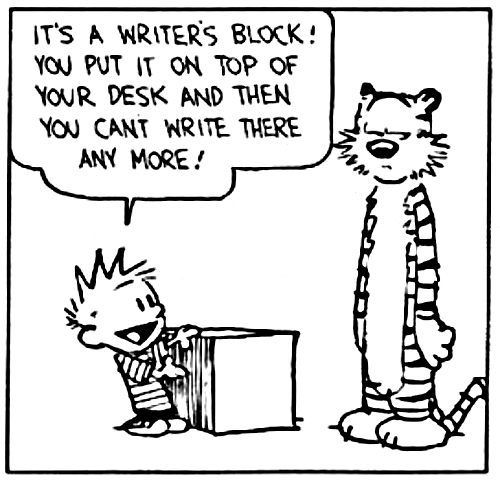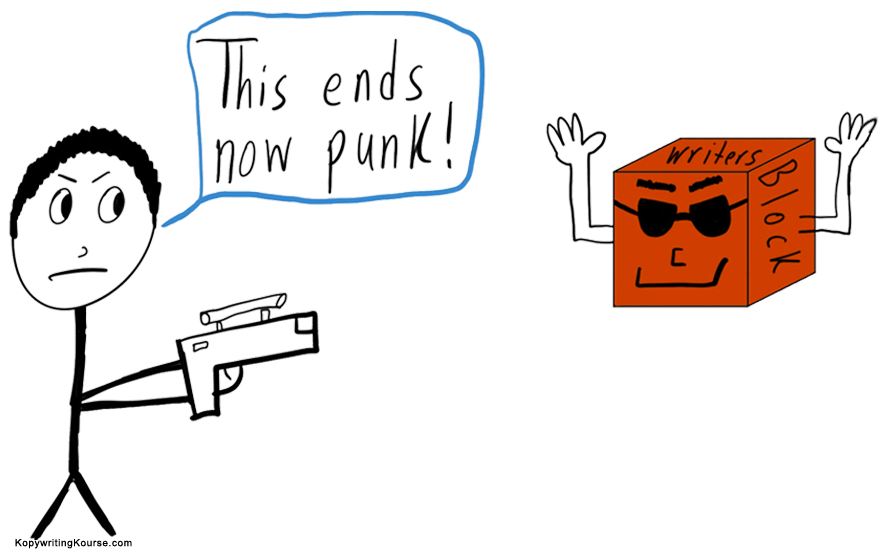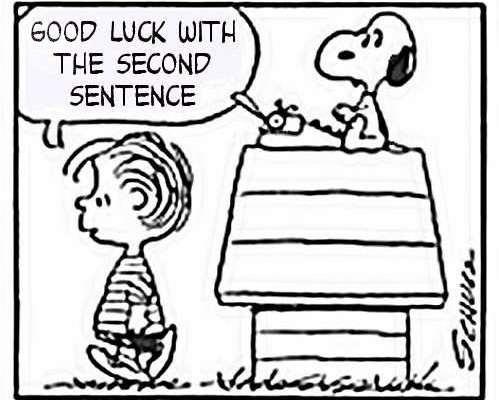30 days after Zimbabwe entered into a lockdown because of the Corona virus pandemic that swept (and continues to do so) the world and changed what life is to many, there has never been a in depth understanding of how this news was accepted by people living in the ghettos, the impact and problems of such a lock down.
It has been a really easy job for the many health officials in high offices, calling the shots in terms of what society should do in terms of reducing the chances of contamination and spread, the flattening the curve phenomenon.
What many leaders have failed to realise is the simple way in which the masses, the ones that live in the high-density areas live. The statement that there are indeed two different worlds between the haves and have nots has never been so true. In locking down a city or a country is only when they soon got small nuggets of information but to really understand how the ghettos work, one has to live in them to have full understanding.
I was born and bred here, there is so much that I can share with the world that they get an understanding of what life is in a high-density suburb, which I know, because I have travelled and stayed in other ghettos, are all the same.
What the ghetto thinks of corona?
We get information just as much as everybody gets it, the various media platforms. Though the internet, tv and radio and to some extent print media are widely consumed here, it is hearsay that is mostly the main way of news distribution in high density suburbs. Verification usually follows, depending on how is able to believe the news and the bearer. On each and every platform I have mentioned here, there is usually a reason as to why many will not be able to catch the news as and when it happens.
Internet – Depends on availability of data. It is largely expensive and out of reach to many. The cellphone networks here charge a premium to get information on a daily basis and leave the many choosing to be connected with family and friends through SMS, WhatsApp, Facebook and Instagram which usually come in data packages but with its only limitations as well. Information passed through these platforms is packaged bite size and usually asks you to follow a link to a website or another platform which is billed differently and out of the reach of many. This is the major hinderance and messages are circulated without in-depth understanding. The messages that do get around to people are circulated via WhatsApp and people are at the mercy of the sender who many a times has not been very trustworthy. I guess it has been the reason why big organisations such as W.H.O and U.N and their local offices have chosen to create their own WhatsApp platforms from realising that their websites and social platforms are being rendered useless because of the large number of people that cannot access them during this pandemic.
TV and Radio – These two old news carrying platforms have been relegated to last resort and because of their appeal falling away in the past decades, the rise of the internet has largely made them only loveable to the old folks who barely understand how the internet works and the youth barely have enough time to consume radio and television unless it is to share and listen to brand new music or watch movies and entertainment channels.
Print Media – This has largely fallen short of what the world craves for these days, which is the ability to bring the news as fast as the masses want it. The use of online platforms or applications and websites with breaking news has been an attempt to catch up with the rest of the world but alas, data pricing keeps them chasing those illusive numbers in subscriptions as in years gone by.
For the longest, the Corona virus has largely been considered a plague for the rich nations, rich people and famous people. When it started out in Wuhan Province, because of their weird (from an African perspective) animal markets, pangolins and it’s spread. It made many in the high densities to see themselves as far away from the pandemic because they barely mix and mingle with high flying and travelling individuals of the world. They saw themselves as immune as long as they are on their own and to some extent, there were right because of the many cases of Covid19 in the country are cases that have been brought in by travellers from infected countries, without these travellers, life in the ghetto would have been very normal.
Human interaction is all we have, we have nothing else unlike other folks
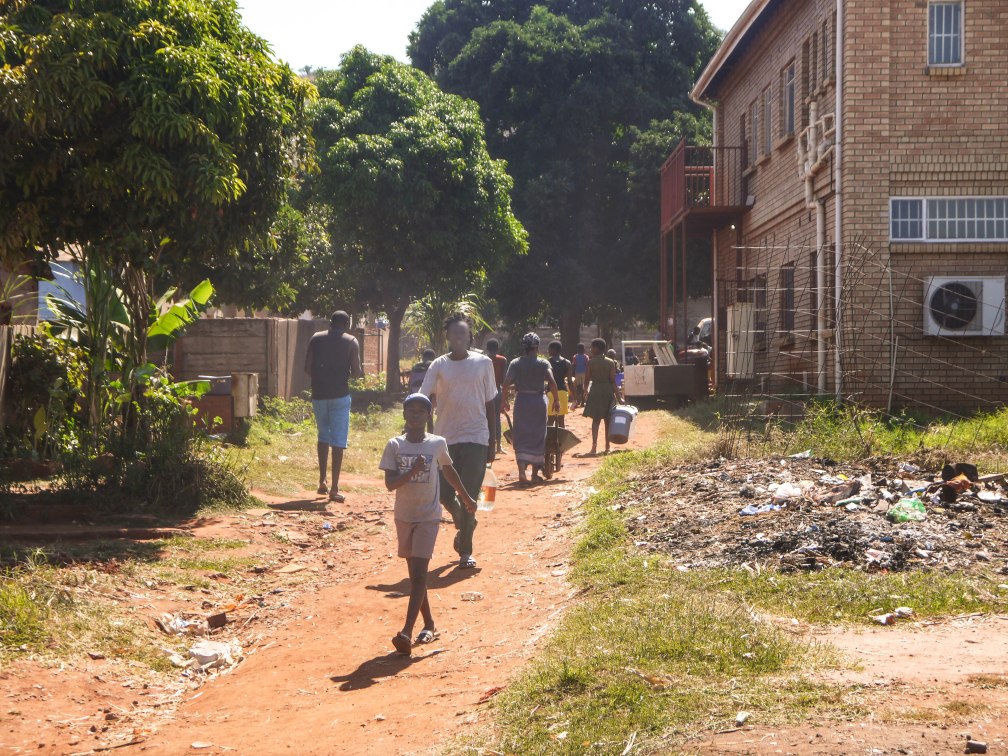
Members of a community go about their daily chores..
It is a complex group of people in the ghetto unlike our suburban counterparts. Individuals or families with WIFI, continuous running water, solar energy and almost every other gadget that is deemed for the home here are considered different. We live with them but they don’t live like us. The struggle is real and if you don’t share it with others then you are of a different type. It’s because having a full-time job and a salary slip here is considered being different. I get stick for it all the times.
The most important thing that the high-density suburbs have above all things is each other. They stick to each other more than any other group of people in the world. This interaction allows them to at times indulge themselves in the day to day life problems they are facing.
People here fetch water together, do urban farming chores together, spend most of their time sitting and waiting on the day to pass by sharing stories, drinking beers together and visiting each other when one is absent from the pack. We are the birds of the same feather that do exactly what they were designed to do, that is flock together.
Human interaction is at times all we have, nothing to take us away from the rest of the world like how the ‘haves’ would immerse themselves in a tv or computer game, stream their favorite film or order food online. What this world has is each other and herein lies their pride and joy, to give it all up has been almost impossible.
Temple run
The police and soldiers deployed to enforce the lockdown has had to occasionally come into the ghettos to send people back in the homes and keep them from gathering. The ensuing scurry of people in all directions from the appearance of a police truck and uniformed soldiers has been termed ‘temple run’ and is quite an event. Youths now have one eye on whatever they do and the other on the look-out for the enforcers. Temple run is a mixture of fun and fear but there seems to be an expectation of it rather than avoidance.
There are many issues that Covid 19 has brought upon all the people of the world but this article is largely about how we have had to endure in the ghetto to get by. No matter how much we want to stay away and abide by the set rules, it is almost impossible with the hardship faced by the people in the high-density suburbs.
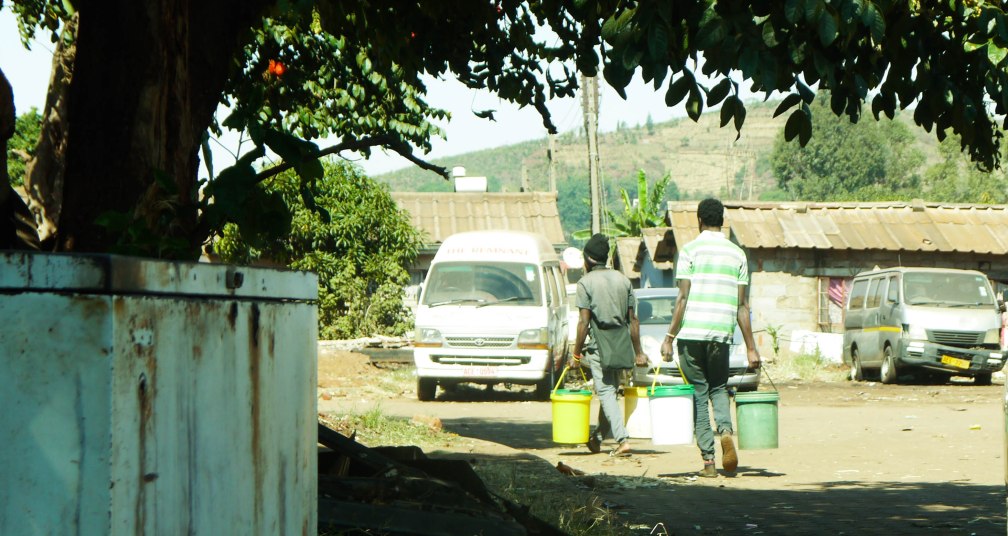
Men fetch water in a nearby borehole in the ghetto
The hardest part of distancing and isolating has been the hungry mouths to feed that it produces. Many youths have never been used to staying home for long hours with very little to do or a place to go. This food consumption against provision has become a dilemma in an already perplexed setting. No one, including the government and health officials, know when the situation will change. It is a situation that no one anticipated and if the leaders of the country were caught unawares, it’s even worse for the family in the ghetto.
Blog your Hood.
By talking about our neighbourhoods and showing what life is in these, most hard to reach areas, bloggers could easily become the news reporters and great story tellers of a people enduring life in a lockdown, Think about it.
There has been that limitation of movement and there is very little understanding of how people are surviving in the most remote of areas. We can make the difference. We could bring the world to understand what it is that makes us tick and the best way we can change the world, one neighbourhood at a time.
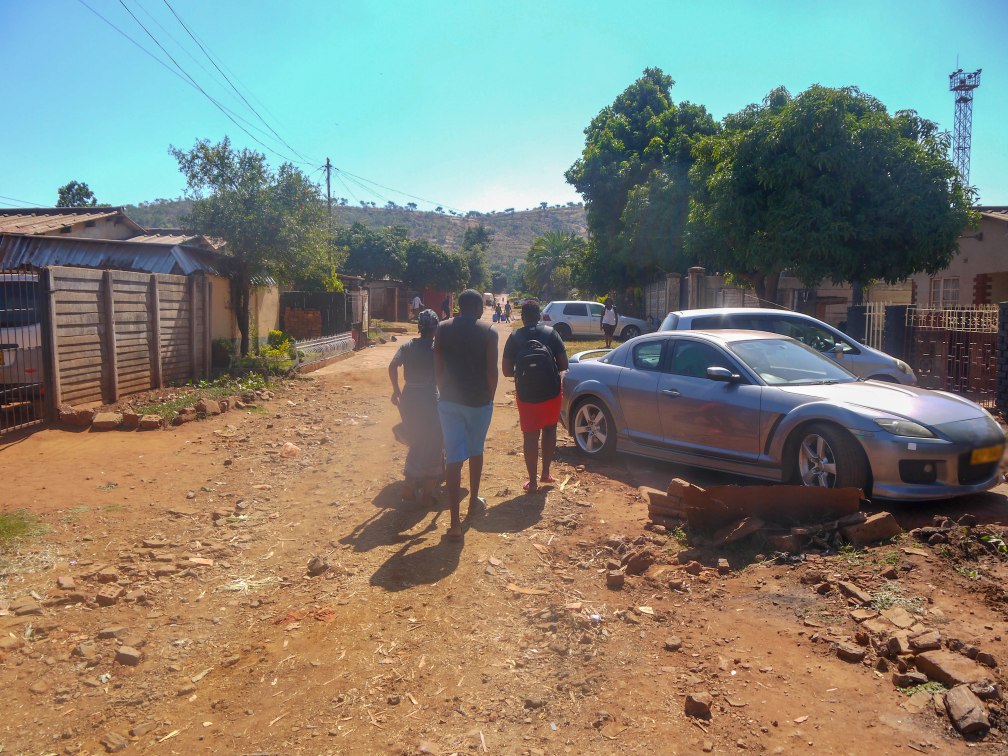
In the High density suburbs, there is no way to stay off the streets.
